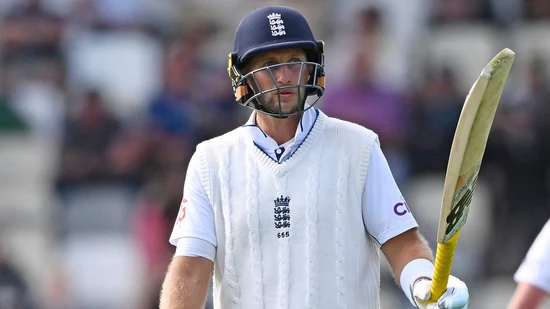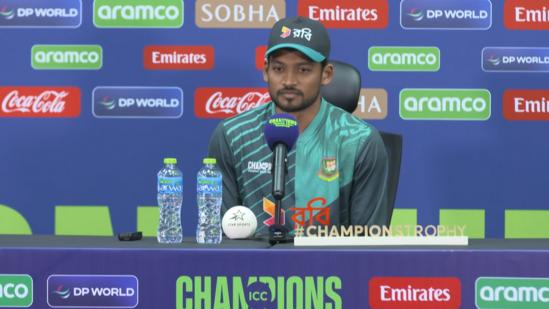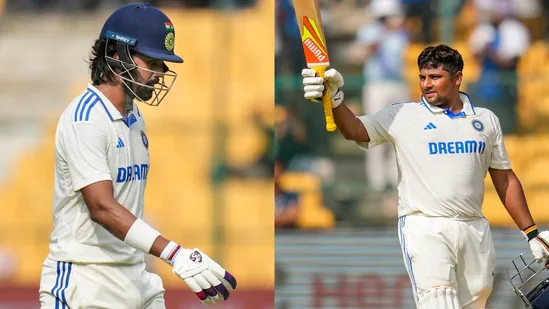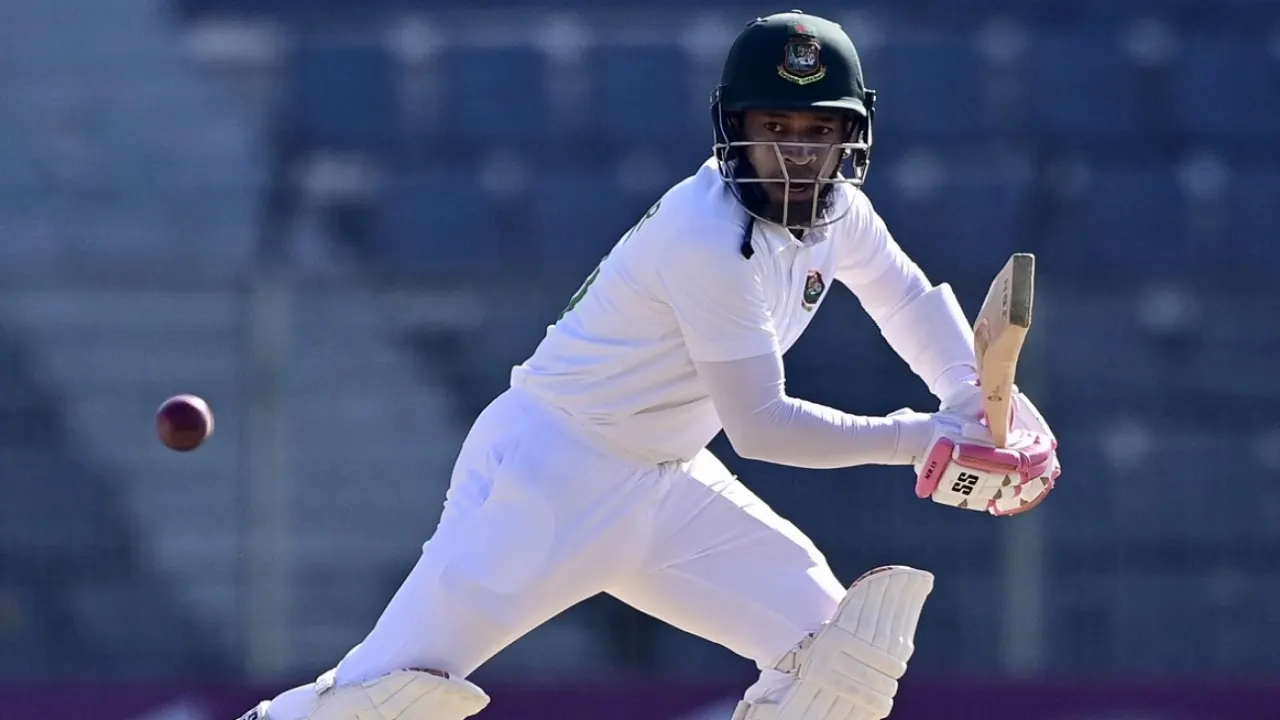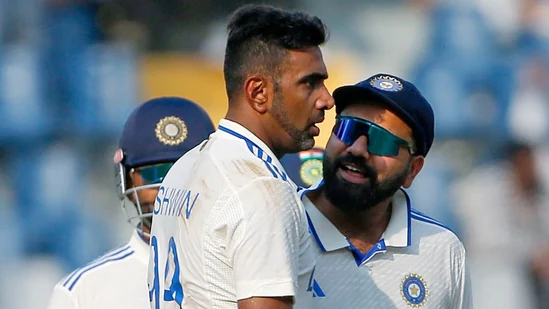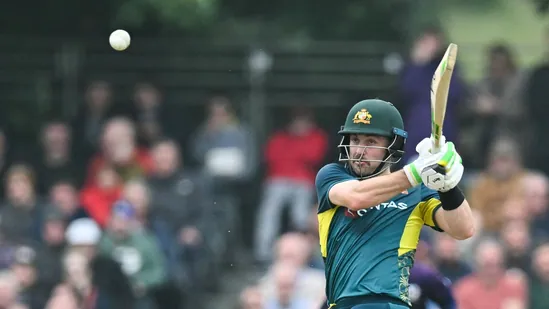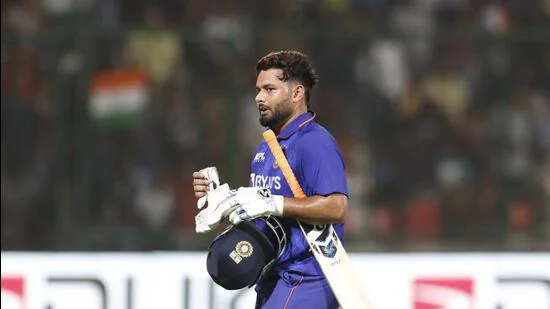Walter highlights South Africa's need for balance following series loss to India
Rob Walter, South Africa's white-ball coach, accepts no excuses for the team's 3-1 defeat to India. He sees the series as a balancing act between fielding the best XI and giving younger players valuable experience in top-level competition.
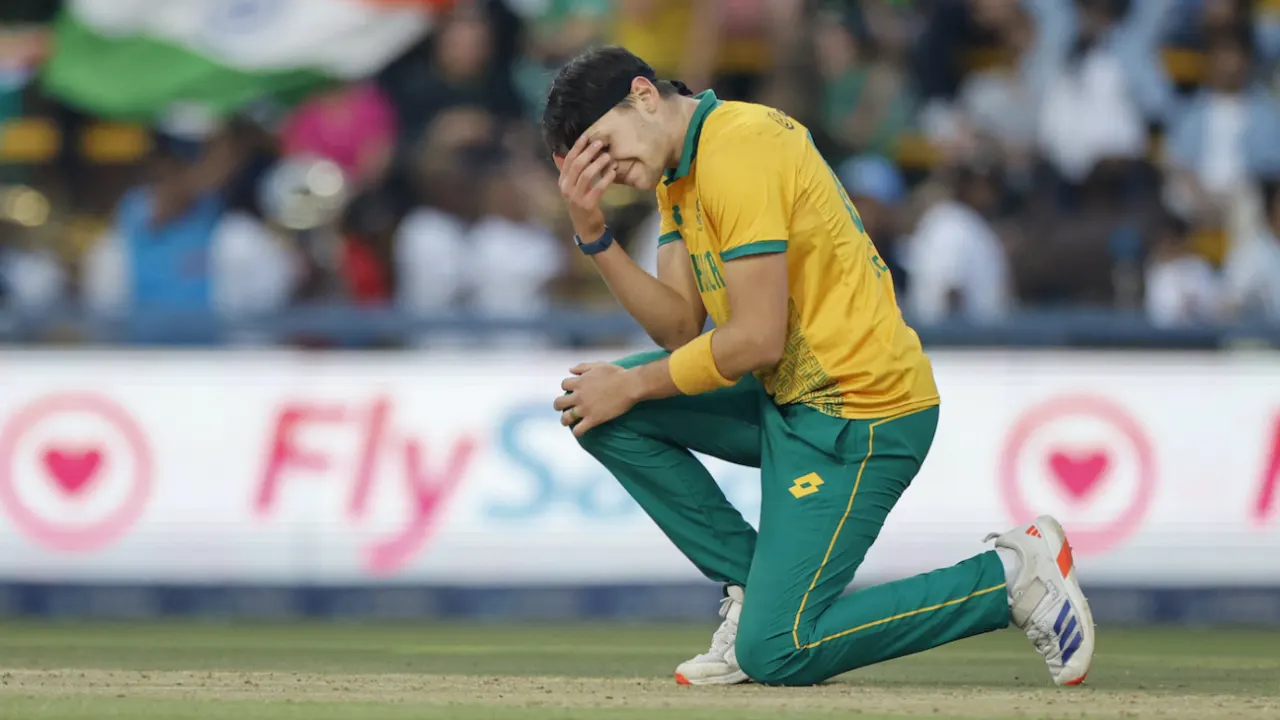
In particular, South Africa's attack, who conceded over 200 three times in four matches, were in focus. They were without the experience of Kagiso Rabada (rested), Lungi Ngidi (injured), Anrich Nortje and Tabraiz Shamsi (both no longer nationally contracted) and appeared out of their depth, or at least out of practice. Marco Jansen and Gerald Coetzee both made their returns from months on the sidelines as they recovered from injury and concentrated on conditioning, Andile Simelane debuted in the series, Nqaba Peter played his first internationals at home and Lutho Sipamla returned to the fold after a period of three years, all of which left Keshav Maharaj as the senior-most hand, who lacked support.
Walter argued that is in the inevitable consequence of trying to deepen the player pool.
Related
Samson, Tilak smash records like it's nobody's business to hand India 3-1 series win
Transformers: India's next-gen embraces T20 format and bosses it
"To grow the net of players, there's times we have to play younger guys even in big series against good teams. And ultimately, that's where they're going to learn the most," he said in Johannesburg after South Africa's 135-run defeat in the fourth T20I. "It's really a balancing act and there's no right or wrong. We're trying to get it right, we're trying to get rest right, we're trying to get rotation right, we're trying to get exposure right all at the same time. But it doesn't excuse the performance. We still need to be better and that starts with me as the head coach of the team."
Since Walter took over in February 2023, South Africa have played seven bilateral T20I series and not won any of them, which he acknowledged is an "incredibly difficult," thing to accept. But it may be made easier with the knowledge that he is also the only coach to oversee the men's team to a major tournament final, at this year's T20 World Cup.
Asked to explain the discrepancy between their bilateral form and the tournament success, Walter did not miss a beat. "The easy answer is that when we go to the world tournaments, we're picking our very best 15 players but we can't pick those same 15 players every single time we play. It's just not feasible. It's just too much cricket. So, the rest of the time we have to build our base of players up to be to the same level, which is what you're seeing with the Indian side, right?"
Only four of the XI that won the T20 World Cup in June were part of the Indian squad that beat South Africa in this series, which speaks as much to the quality of their depth as it does to the concern with South Africa's and Walter recognised that.
Lutho Sipamla returned to the fold for South Africa after three years
•
AFP/Getty Images
"Their fringe players are stepping up and creating pressure on the guys that are in main XI," he said. "Ultimately, if you look at the stats around the number of players used by the different international sides, they all sit in the same space over the last two years, in between 30 and 36 players roughly. Everyone's attempting to do the same thing because the cricket landscape is actually the same for everyone."
And that's where he may stand corrected, to some extent. India are the only country who do not have to concern themselves with losing players to franchise leagues because they do not allow their active players to compete anywhere but the IPL, which offers sufficient compensation. South Africa, whose home currency, the Rand, is the weakest among SENA countries, are at particular risk of their players opting for hard currency payments in leagues abroad and the two biggest examples are Nortje and Shamsi. Both opted out of central contracts this year - Nortje partly because he wanted to manage which formats he played as he came back from a severe injury - and though they are available for South Africa, there is also a need to look elsewhere.
"A guy like Anrich, I certainly wouldn't doubt his want to play for South Africa and his commitment to do that. But he made a decision personally around contracting so that he could move away from playing Test cricket for a while. I think physically he was finding it a bit tough to do everything and I respect that," Walter said. "At the end of the day, when it comes to the world tournaments, we want to pick our best side. And if he is one of those best players, we consider him. Shammo has done exactly the same thing. We need to be cognisant of what's happening in world cricket. It's not easy and the national side is competing with franchise cricket. The money lies in franchise cricket, not international cricket. That's the reality that we live in."
There was an audible sigh before he finished that thought. "And so, again, the balancing act continues."
RELATED STORIES
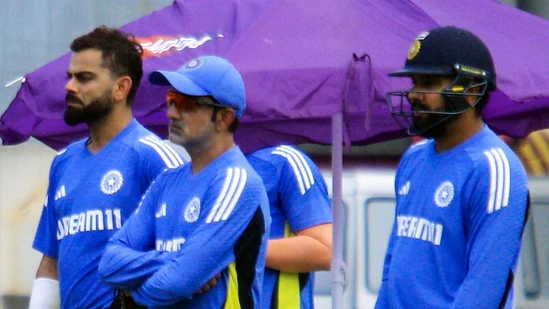
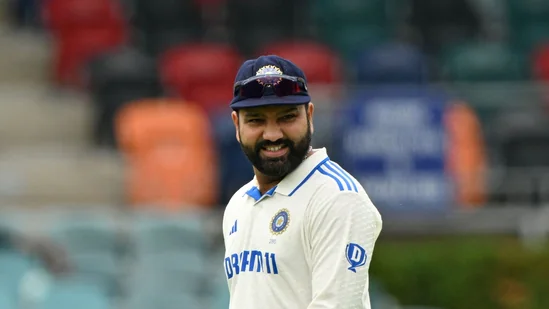
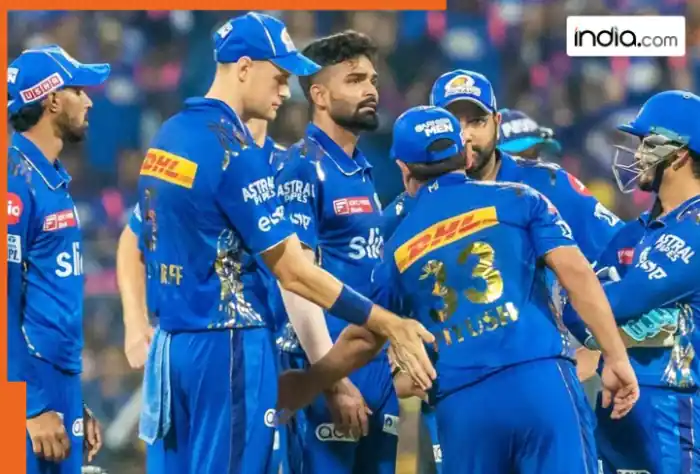
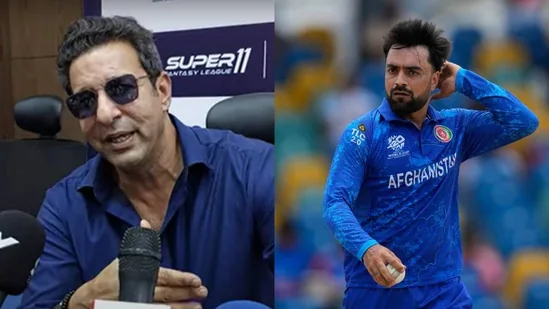
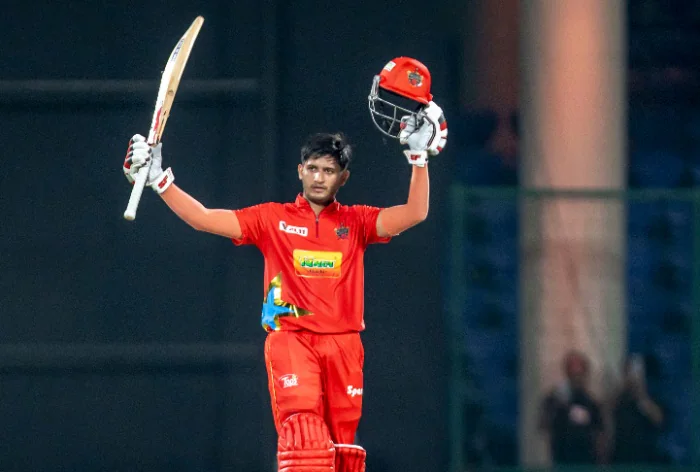
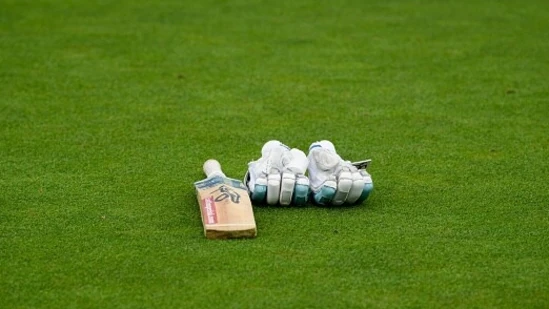
LATEST NEWS
